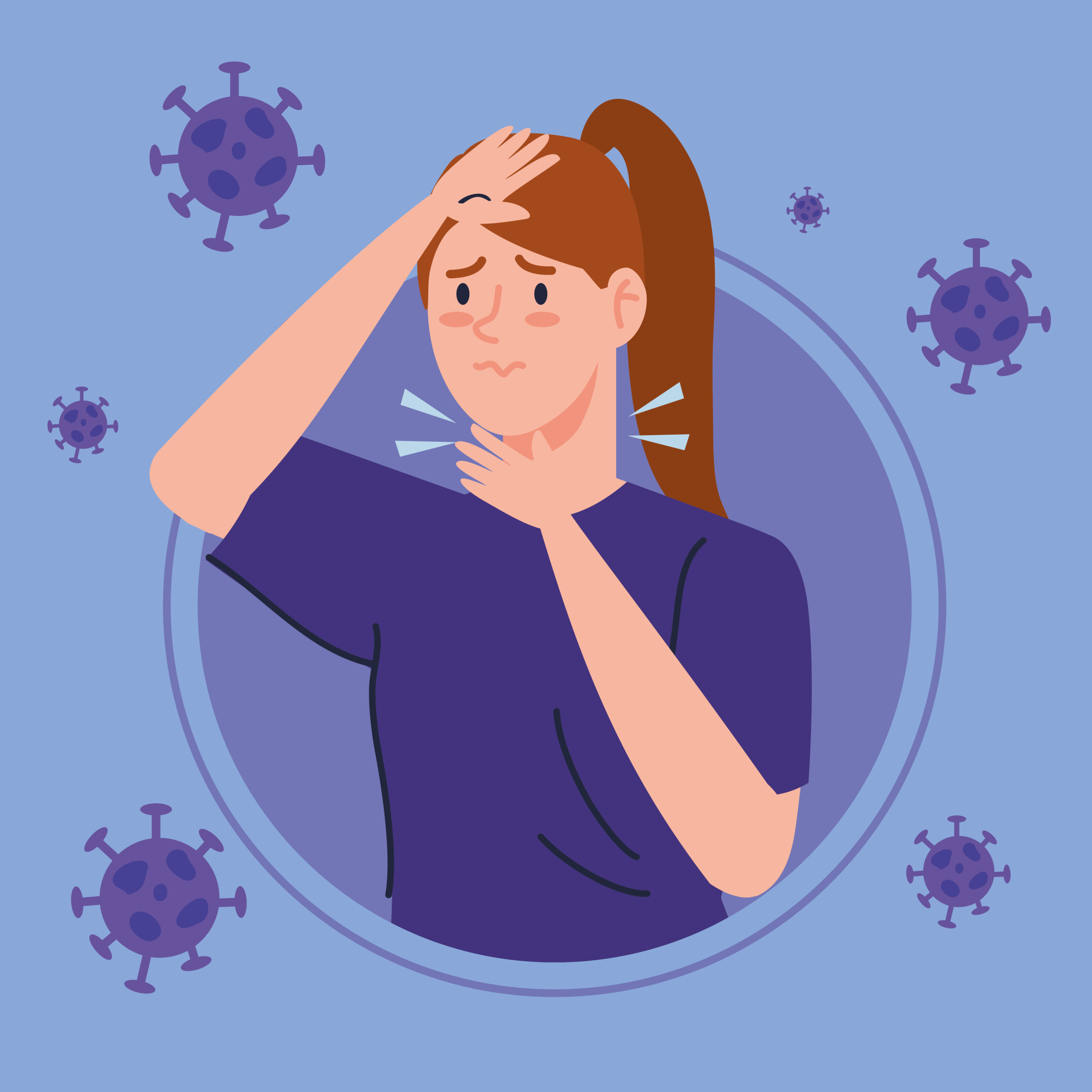Learn about Tourette’s syndrome, its causes, symptoms, and practical advice for children and parents. Discover ways to manage tics and support affected individuals.
What is Tourette’s syndrome?
Tourette’s syndrome is a neurological condition that causes sudden, uncontrollable movements or sounds called tics. These tics may include blinking, throat clearing, or involuntary vocalizations. Symptoms often begin in childhood, with boys being more frequently affected than girls. While some children experience improvement over time, others may continue to have symptoms into adulthood. Treatment can help manage tics, though not everyone requires it.
Causes of Tourette’s syndrome
Tourette’s is linked to differences in certain brain areas, including the basal ganglia, which helps control body movements. These differences may affect nerve cells and the chemicals that transmit signals between them. Genetics likely play a role, as Tourette’s often runs in families, but the severity and type of symptoms can vary widely among relatives.
Triệu chứng
The hallmark of Tourette’s syndrome is tics, which can range from mild and barely noticeable to frequent and disruptive. Stress, excitement, fatigue, or illness can worsen tics.
Types of Tics
Motor tics (movement-based):
Arm or head jerking
Blinking
Facial movements
Mouth twitching
Shoulder shrugging
Vocal tics (sound-based):
Barking or yelping
Throat clearing
Coughing
Grunting
Repeating others’ words
Shouting or swearing
Sniffing
Tics can also be simple (affecting one or few body parts) or complex (involving multiple movements or words).
Advice for Children and Parents
Get involved in activities: Engaging in sports, hobbies, or exercise can reduce the frequency and severity of tics.
Lend a helping hand: Volunteering or helping others can boost confidence and promote empathy.
Embrace creativity: Activities like writing, painting, or music help redirect focus and foster personal development.
Find support: Joining support groups helps children and teens connect with peers who understand Tourette’s challenges.
Take control: Learning about the condition, asking questions, and actively participating in treatment can empower individuals with Tourette’s syndrome.



